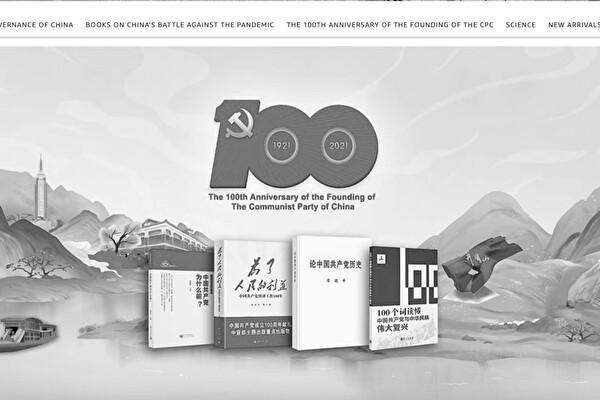But as Jack Ma’s recent disappearance in China demonstrates, money will mean nothing when China’s power exceeds that of the United States.
The firm, Marketplace Pulsed, published research showing that more than 50 percent of Amazon sellers to Spain, France, Italy, and Canada are from China. Everywhere one goes, especially since the pandemic, one sees closed stores on Main Streets around the world. Stores that can’t compete with China’s forced labor and impoverished environmental regulations are closing, to be replaced by piles of empty Amazon boxes in which were found, concealed within, China-labeled goods.
This is dishonest marketing through omission, and not what people want.
This year, Amazon finally removed several Chinese merchants from its platform for “incentivized reviews,” which is when vendors pay third parties to write positive reviews of products sold on Amazon. That has “bruised Chinese cross-border e-commerce,” according to the South China Morning Post.
The latest casualty on Amazon is China’s Tomtop Technology, which has lost 54 stores since July. Amazon froze $6.3 million of Tomtop’s funds, apparently for violating its product review policies. According to Tomtop’s parent company, “The reason could be the inappropriate reviews for some of the products, which is allegedly in violation of Amazon’s platform rules.” $6.3 million is a drop in the ocean of China’s global exports via Amazon.
“Tomtop is now one of several Chinese merchants to be caught up in a campaign from Amazon to weed out violations of its terms of service, especially incentivised reviews,” according to the Post. “The platform’s crackdown on review abuse, though, has been a huge blow to the industry.”
Amazon has profited by allowing review abuse to get to this point, and its countermeasures are too little, too late. The measures leave the larger problem of Amazon allowing the sale of Chinese goods, which come from a profoundly illiberal country, or even directly from enslaved workers in Xinjiang, to unsuspecting customers around the world.

Amazon should at the very least require vendors to inform consumers of product COO, including state, province, and region, in order to address issues like the Xinjiang genocide and allow consumers to exercise their purchasing power for good. Consumers should be enabled to purchase from regions they want to support, like fellow democracies, thus avoiding products that originate from ethically problematic regions, and decreasing fuel consumption and greenhouse gas emissions from the global transport of goods. Buying local should be an option on all e-commerce sites.
Treating all producers the same, including companies in China that routinely evade tariffs by selling in small batches directly to consumers via Amazon, or that produce cotton and tomatoes in Xinjiang with forced labor, is unethical and in the long run, unwise for not only Amazon shareholders, but for all who believe in democratic freedoms. Further, through lackluster countermeasures against counterfeit goods, pirated products, or products benefiting from IP theft, Amazon ultimately hurts consumers and companies that do choose to act responsibly.
Large industry groups, including Amazon and other big online retailers, are against laws that require the provision of COO information on e-commerce sites, as they will likely turn off some consumers from shopping online where they would be confronted with information about the mass quantity of Chinese goods being sold. Industry preference, in other words, is to deny their customers a choice.
Big corporations would like to continue making money from the opaque flows of cheap, illegal, and unethical goods flooding American and global markets. But it’s time for corporate America to wake up, fulfill duties owed to their customers, and support corporate responsibility and democracy, which is the only political system that fully supports the free market and other freedoms by which they, and all of us, thrive.
Most corporations, drunk on China profits, won’t awaken by themselves. Consumers and voters must wake them through laws that require COO labeling and support local entrepreneurship that starts new e-commerce sites that provide their customers with the COO information they need to make real and informed choices. Those choices could be essential to preserving democracy on a global scale.





